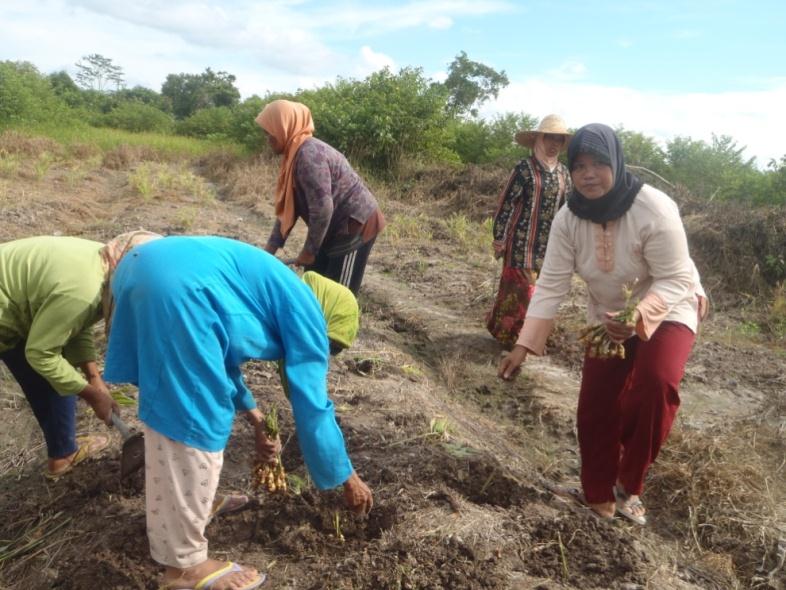Topics
By Carolina Tamagnini, Foundation for the Development of Sustainable Policies (FUNDEPS)
Gender issues impact access to information and public participation in sector specific topics such as climate, agriculture, water, and forest governance policies and regulations. Also, achieving sustainable development will only be possible when all people are heard and involved equally. This includes ensuring the effective participation of women, almost half of the world’s population.
In this context, TAI has formed the Gender Working Group with the aim to develop a more comprehensive gender integration strategy. The group will provide new opportunities for joint work and develop strategies for gender mainstreaming for organizational members of TAI.
Based on the responses obtained from a survey of TAI members about gender dimensions of access rights, carried out by the TAI Secretariat, it emerged that there is a strong interest in gender issues and a prevalence of gendered projects. For that reason, the group was created to promote the development of a gender-responsive approach for the diversity of TAI partners. At the moment, the group is led by Olimpia Castillo from Comunicación y Educación Ambiental (México) and Elizabeth Moses from, TAI Secretariat, WRI, with the participation of Carolina Tamagnini from the Foundation for the Development of Sustainable Policies (FUNDEPS, Argentina) and Natalie Elwell, WRI’s Senior Gender Advisor.
The strategy of the Gender Working Group, rooted in the results of the survey, is focused on four objectives: catalyze transformative change in policy and practice; building alliances; making the case through research and evidence based advocacy; and building capacity. The group will achieve these objectives through the following strategies:
- Knowledge and information sharing: to facilitate and promote learning across the network, sharing resources and documents useful for partners such as best practice case studies or TAI project outcomes and methodologies that incorporate gender mainstreaming. TAI will also organize webinars and workshops on tools and approaches that expand the gender-sensitive perspective in our work.
- Fundraising Support: to strengthen the TAI network and have better incorporation of a gendered perspective, TAI will help identify and secure fundraising resources. This will be carried out by identifying and sharing funder organizations and opportunities and facilitating the development of joint proposals across partners.
- Support research and evidence based advocacy: to ensure that gender issues are appropriately reflected in international and national policies, as well as in key events and forums TAI will carry out activities, such as supporting development and incorporation of a gendered disaggregated data into TAI’s current tools and research methodologies; identify and prioritize collaboration opportunities to use partners work; and support the incorporation in gender perspective in the development and implementation of policies.
The Gender Working Group is an opportunity to advance more gender-sensitive work and provide tools for producing gender disaggregated data, strategies to advocate for policies with gender perspective, or the strengthening of equitable engagement process working with communities.
Since TAI is a global network of a wide variety of national and local partners, we are calling all interested organizations from all TAI regions to join. The diversity that the platform can provide turns the group into a unique forum for dialogue and exchange of ideas around gender and environmental democracy, as well as a platform to develop robust gender-based strategies.
In the Sustainable Development Goals, the 5th includes that stated goal to “Achieve gender equality and empower all women and girls.” This goal aims at empowering women and promoting gender equality because is crucial to accelerating sustainable development. Ending all forms of discrimination against women and girls is not only a basic human right, but it also has a multiplier effect across all other development areas. So is ensuring that the knowledge, skills, and abilities of both men and women can help inform meaningful environmental decision making. So, if you are already working with women or incorporating a gender perspective, join us! If not, join and learn with us how to work in a gender-responsive way!
